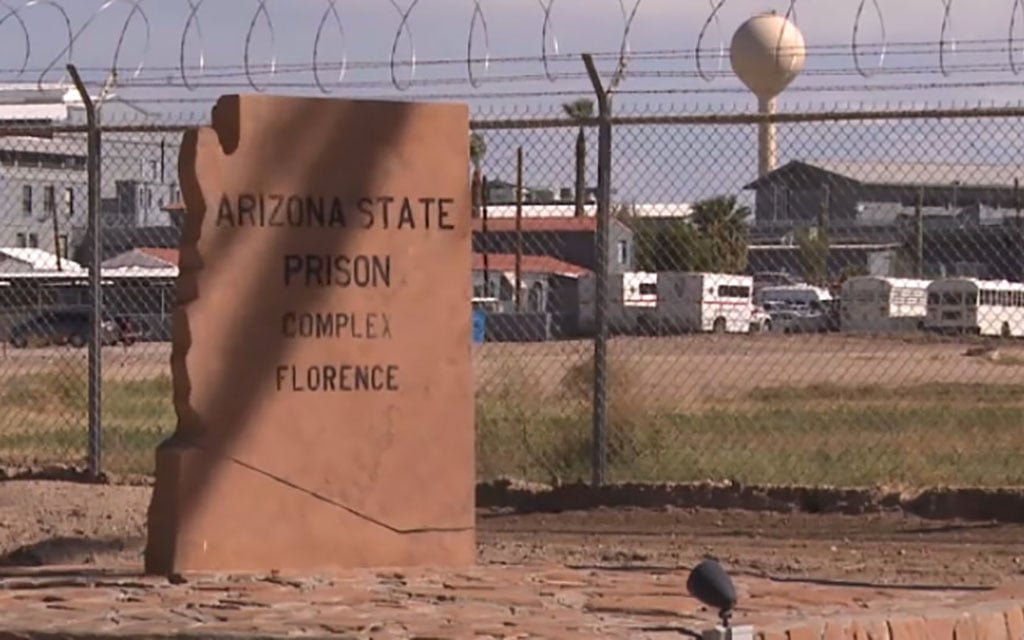Aaron Gunches
Arizona Advances Execution Plan Amid Federal Withdrawal of Execution Drug

Aaron Gunches, sentenced to death for a 2002 murder, is prepared for his execution, yet questions linger about the constitutionality of the state’s execution methods. The Arizona Supreme Court is facing pressure to withhold a death warrant amid concerns over cruel and unusual punishment.
Virginia law professor Corinna Barrett Lain filed a second “friend-of-the-court” brief urging the Court to reconsider. Her arguments focus on the lethal injection drug, pentobarbital, which, she claims, inflicts extreme pain through “flash pulmonary edema,” potentially drowning the prisoner before reaching a state of anesthesia.
“The court didn’t take my first brief seriously,” Lain explained. “The rule of law must be upheld, especially when the state takes a life.” She cited the necessity for lawful execution processes, emphasizing that executions can’t be conducted recklessly.
Meanwhile, U.S. Attorney General Merrick Garland recently halted federal executions using pentobarbital, citing constitutional concerns. Nonetheless, Arizona authorities appear undeterred, with Attorney General Kris Mayes stating plans to execute Gunches as early as March 18, pending the Supreme Court’s approval.
Competent methods of execution remain a significant concern. After a botched 2014 execution, federal judges restricted Arizona to using sodium thiopental and pentobarbital—both drugs that are increasingly difficult to procure. The former is no longer manufactured in the U.S., while European companies won’t supply it for execution purposes.
David Duncan, previously hired to evaluate the state’s execution protocol, raised doubts about the current pentobarbital supply, discussing its storage conditions and potential ineffectiveness. His contract was terminated when there were indications that his findings might challenge the state’s execution practices.
Recent inquiries revealed that the only domestic supplier of pentobarbital salt, Absolute Standards, ceased production in 2020, raising alarms about the viability of Arizona’s drug supply. The drugs, if expired, may still induce death, but the manner of execution remains questionable.
Mayes’s office maintains a stance of readiness, continuing preparations for Gunches’s execution. Despite the controversies surrounding the pentobarbital protocol, the Arizona Department of Corrections insists that all execution issues have been resolved and procedures are in place for resuming executions.
Gunches, who has chosen to represent himself, remains uncommunicative with the media while advocating for his execution. In her brief, Lain insisted she could present her findings directly to the Supreme Court, asserting that current protocols are unconstitutionally cruel.
Lain noted serious flaws in Arizona’s execution methodology, asserting that it likely leads to torturous outcomes. “Lawful execution is paramount,” she stated. “The conditions under which the state plans to execute Gunches raise serious ethical and legal issues.” As the court prepares to issue a death warrant, the implications of these concerns remain unresolved.

















